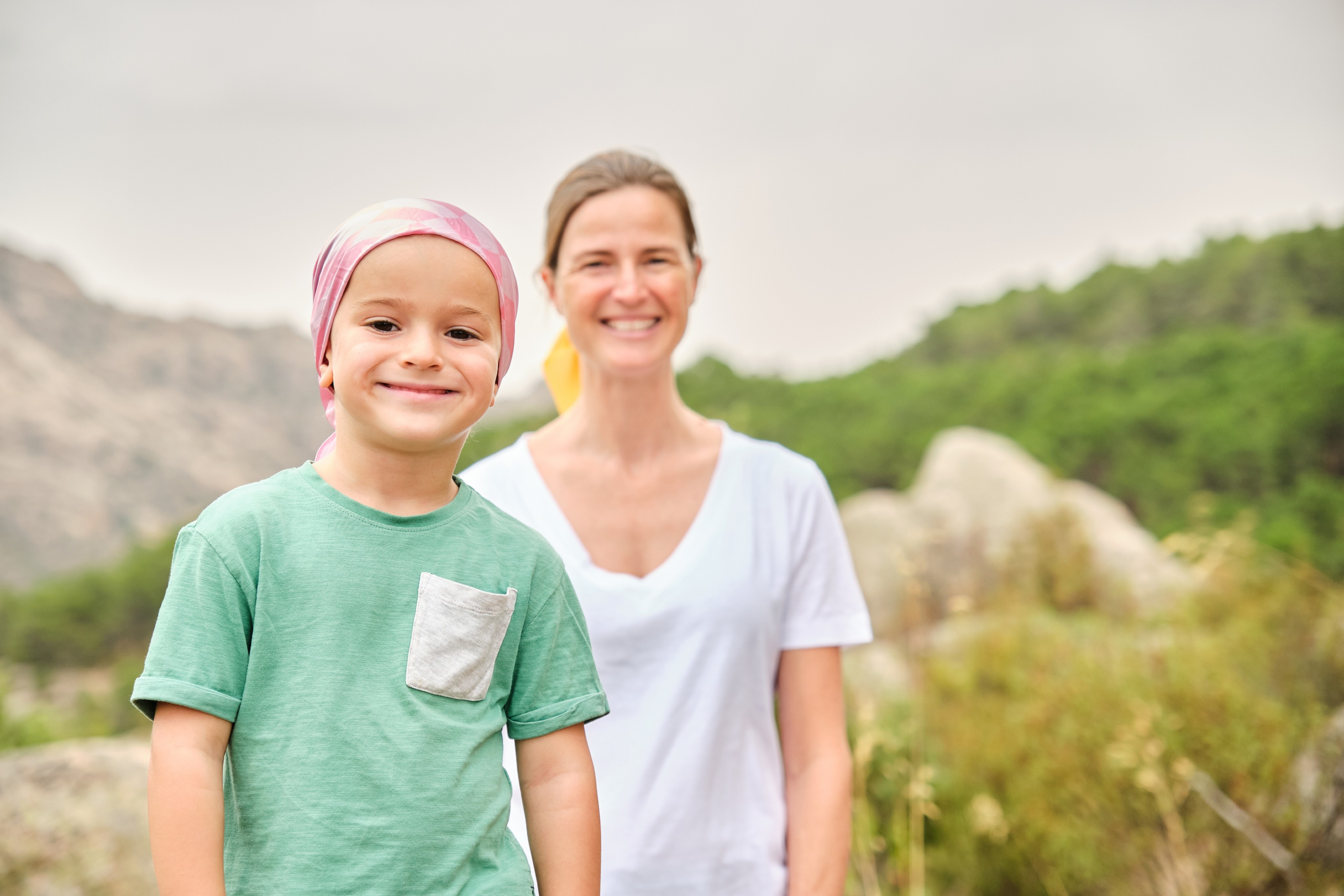News release
From:
Survey at a Glance:
- Children with cancer and blood disorders, their families and healthcare workers across Australia are invited to participate in a world-first global survey that will shape the future of research into bone marrow transplants
- The international project is focusing on the journey of children and adolescents with certain cancers, blood diseases, immune or genetic disorders and whether their questions or concerns about bone marrow transplants remain unanswered
- From these survey responses, 10 research priorities will be identified and acted on. The survey will be available throughout Australia, New Zealand, the UK and The Netherlands
Children with cancer and blood disorders, their families and healthcare workers across Australia are invited to participate in a world-first global survey that will shape the future of research into bone marrow transplants.
The Bone Marrow Transplantation in Paediatrics Priority Partnership, an international collaboration led by Murdoch Children’s Research Institute (MCRI), is focusing on the journey of young patients receiving a bone marrow transplant and whether key questions or concerns about such transplants remain unanswered.
The project follows the gold standard method from the James Lind Alliance, which aims to address the discrepancy between what researchers choose to study and what patients and healthcare providers want to know.
From these survey responses, 10 research priorities will be identified and acted on. The survey will be available throughout Australia, New Zealand, the UK and The Netherlands.
MCRI Associate Professor Rachel Conyers said the bone marrow transplant collaboration, the first of its kind in the world, aimed to align the often mismatched goals of researchers and those with lived experience to ensure better health outcomes.
“Research on the effects of treatments often overlook the shared interests of patients, carers and clinicians,” she said. As a result, the questions that they consider important are not addressed equally and many areas of potentially important research are neglected.
“Following the James Lind Alliance method will help us to ensure that those who fund health research are aware of what really matters to families. Uncovering these key priorities will enhance and improve the delivery of bone marrow transplants in children and improve patient’s quality of life.”
Raya, 15, was was diagnosed at the age of 10 with precursor B-cell lymphoblastic leukemia, a type of rare blood cancer.
Doctors initially thought Raya’s symptoms were stress-related and brought on by the COVID-19 lockdowns, but after several trips to the hospital it became clear that she was seriously unwell.
“Raya was feeling tired more than usual but most worryingly, she experienced twitching in her hand that spread to her face and eventually affected her walking, balance and short-term memory,” Raya’s father Nader said.
“Eventually she was diagnosed with blood cancer and while traditional chemotherapy treatment began right away, it did not make much of a difference after two rounds.”
After undergoing CAR-T cell therapy, a type of cancer immunotherapy treatment, a bone marrow transplant was required to prevent a relapse.
Nader became his daughter’s bone marrow donor as he was a close enough match.
“The transplant was a success, but Raya spent another two months in hospital post-transplant due complications with the donor cells,” he said.
“It was such a relief when Raya was given the all-clear and could start to live her life like any young woman. Instead of being a comedian she now wants to become either a pharmacist or pharmacology researcher.”
Nader said he was grateful to share Raya’s journey and help health professionals understand the perspective of parents whose child was going through cancer treatment
“I’m thankful to be able to share my experience,” he said. Sometimes it’s just a matter of keeping information short and simple, so that tired, anxious carers can properly comprehend a diagnosis and support their child, especially through a bone marrow transplant.”
The survey closes on October 31, 2024. To take the survey, or to find out more, email jlapsp.bmt@mcri.edu.au
Available for interview:
Associate Professor Rachel Conyers, MCRI Group Leader, Cancer Therapies
Nader Eloshaiker whose daughter Raya, 15, had leukemia and required a bone marrow transplant



 Australia; New Zealand; International
Australia; New Zealand; International


